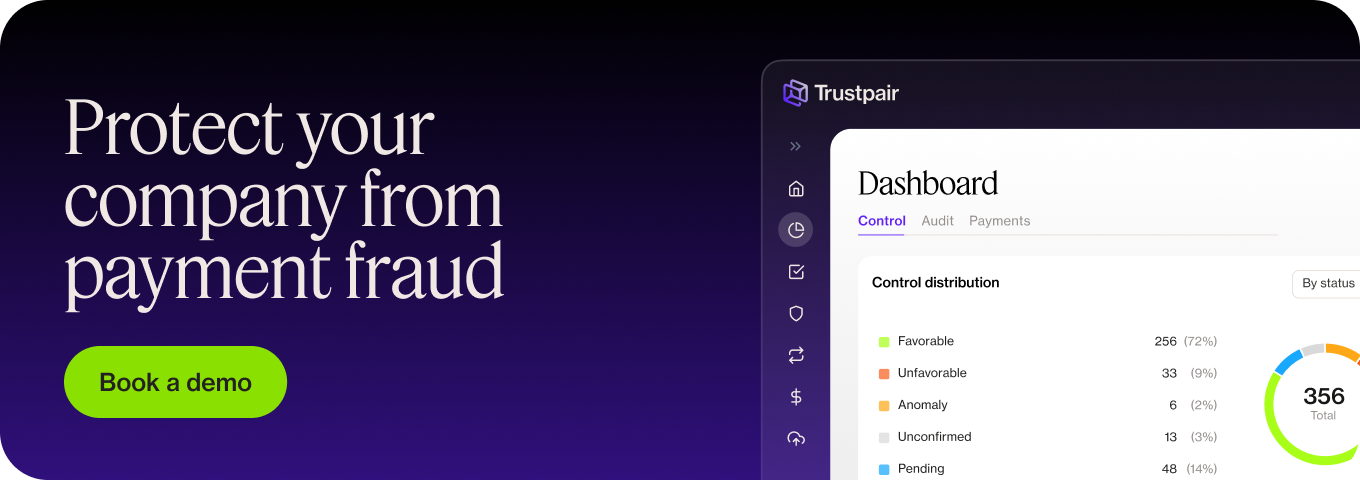Accounting fraud occurs when a company’s accounts are deliberately manipulated to give a false impression to shareholders, investors, or regulators. While financial accounts can be incredibly complex and there is always room for error, fraud occurs when it has been done on purpose. It is a type of corporate fraud perpetrated by individuals acting alone or with others, with or without the knowledge of senior executives.
Its scope is huge, and so are the consequences. Accounting fraud, like other types of fraud committed against or by a company, can be extremely costly. Costs will include any legal or regulatory payments required. The impact of the loss of trust and reputation is likely to have a far greater effect on a company’s valuation than just the amount of the fraud.
All companies, large and small, are at risk. However, an organisation without the right checks and balances to prevent and detect accounting fraud is at greater risk. It can be difficult to prove because there must be intent. Even unprosecuted frauds can have a significant impact, however.
What are the types of accounting fraud and why does it happen?
Accounts can be manipulated in various ways to make an organisation appear more profitable or secure than it really is. Companies can overstate revenue, not record expenses, and misstate assets and liabilities. Any or all of these can occur as a deliberate attempt by an organisation to mislead the market. It can also occur because false financial information has been provided or manipulated by an individual or group of individuals within a company. In these cases, senior management would be accused of lack of vigilance or complicit.
Companies wishing to give the impression that they are profitable, growing, and worthy of a high valuation can do this by:
- Overstating revenue
Claiming that their income is greater than it really is will give the impression a company’s financial health is much better than it is.
- Not recording expenses
A company will appear to be more profitable than it really is by not recording expenses on the balance sheet
- Misstating assets and liabilities
A company can exaggerate how much assets are worth and reduce the cost of liabilities in their financial accounts. This improves their apparent liquidity and overall worth.
These frauds are often concealed by creating or altering physical or electronic documents.
In their 2020 Global Study on Occupational Fraud And Abuse, the Association of Certified Fraud Examiners (ACFE) found that of fraud schemes, financial statement fraud was the least common but the most costly: the median loss is USD 954,000. They also found that financial accounting fraud accounted for 14% of all frauds in companies with less than 100 employees, and 10% in those with more than 100 employees.
The far-reaching effects of accounting fraud cases
The most famous and costly accounting fraud scheme was perpetrated by Enron, the American energy company that collapsed in 2001.
Enron used numerous ‘creative’ accounting tricks such as reporting loans as sales, inflating trading revenue, using mark-to-market, creating off-balance sheet special purpose entities and other complex financing structures that were impossible to understand. They also pressured their accountants to sign off the accounts.
Enron’s shareholders lost USD 74 billion, and the company repaid more than USD 21 billion. Their accountants, Arthur Andersen, did not survive the scandal.
More recently in 2018, and on a much smaller scale, the bakery chain Patisserie Valerie discovered that GBP 94 million was missing from the firm’s accounts. Five employees were arrested, including the finance director. The company went into administration and over 900 jobs went. Patisserie Valerie’s accountants, Grant Thornton, were fined GBP 2.3 million.
Preventing and detecting accounting fraud
Fraud is an ever-present danger in organisations. However, risks can be minimised by ensuring that company culture is aligned with best-practice procedures. By cultivating a culture of openness and fairness an organisation can create an environment where all employees know fraud is not tolerated and will be quickly detected.
All employees should undergo fraud risk awareness training so that they know how to spot it. They should be able to report concerns without recourse. Early investigation of warning signs is vital and helps minimise eventual costs. Reducing opportunity makes financial fraud much less likely. Digitising accounting tasks and automating processes removes a lot of opportunities.
The more processes that can be automated in accounting departments the harder it should be to commit fraud. Trustpair’s system runs an automatic check of payment files, detects suspicious behaviour and makes third party data more reliable over time. Our account validation tool increases security as well as reducing time and money costs.
All third party entries in the database are checked, as are all payment files before they are sent to the bank. Thanks to this technology, which respects the segregation of duties, financial departments are sure to always pay the right person on the right bank account, and prevent external, internal, or accounting fraud.
Get in touch to find out more about how our software can help reduce your company’s risk of accounting fraud. Contact us to request a demo now!
Key Takeaways:
- Accounting fraud is deliberately manipulating financial accounts
- Prevention and early detection are key
- Trustpair software will give extra security and peace of mind





